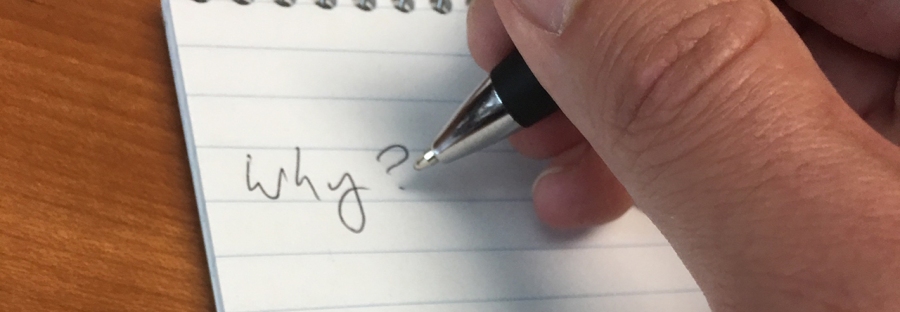Approximately one gazillion years ago, I wrote a piece including tips from reporters about how to prepare for interviews with scientists. While that post is useful, several people have recently asked me for more specific guidance on how to interview researchers. Specifically, they wanted to know not only how to prepare, but what sorts of questions to ask. Continue reading “Questions to Ask When Interviewing a Scientist”










